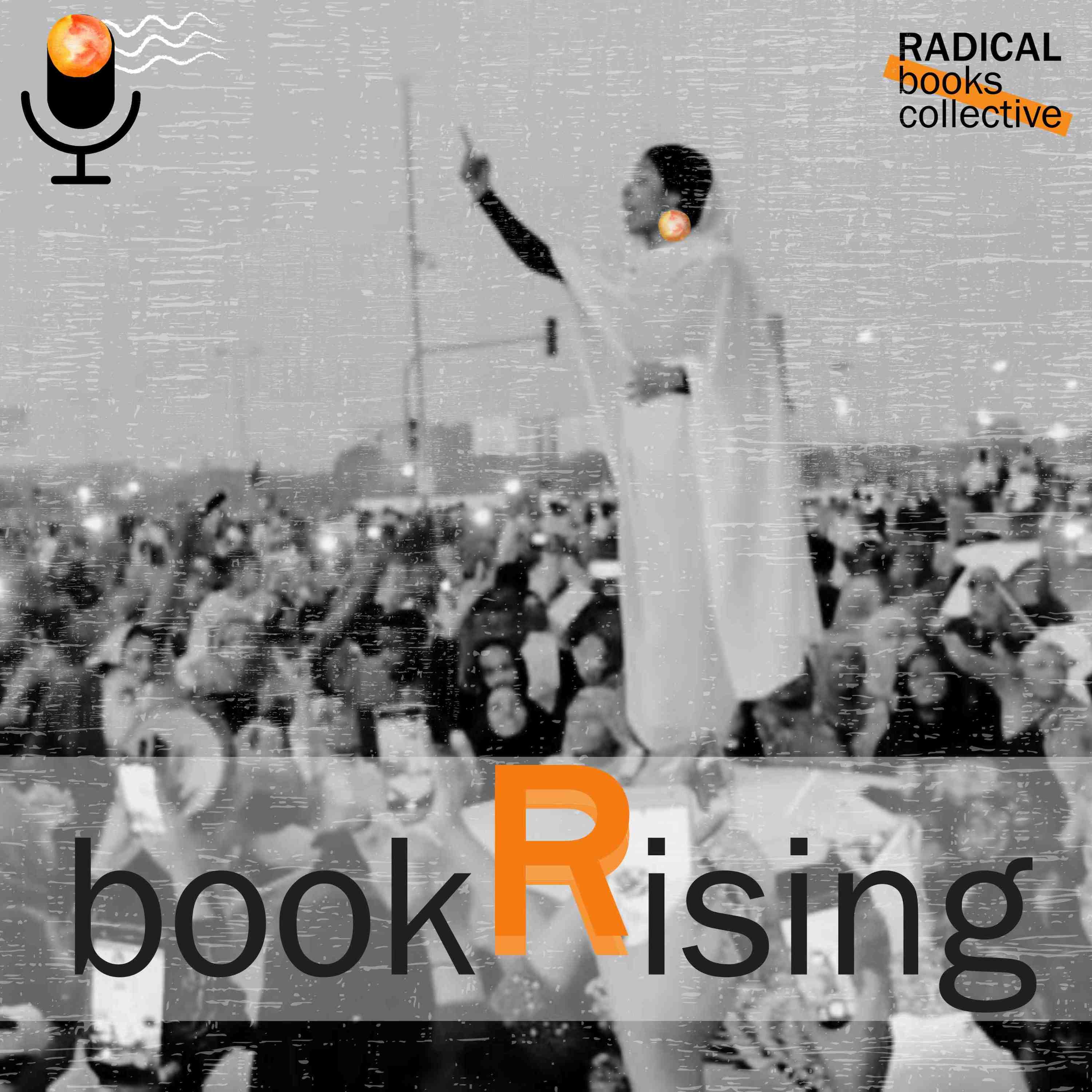Hamza Koudri: On Family, Dance and Anti-colonial Revenge in 1930s Algeria
Writer Hamza Koudri joins host Bhakti Shringarpure from Algiers to talk about his debut novel Sand Roses. A historical novel about the semi-nomadic Ouled Nail group in Algeria, it focuses on the women who are trained as dancers—but are also forced into sex work by the community at an early age. The novel follows twin sisters, dancers Salima and Fahima, who eke out a living in the town of Bousaada at the height of French colonialism, and inadvertently find themselves at the center of the violence of the French army. Koudri belongs to a small but growing community of Algerian writers who have begun to embrace English language and culture. Even then, the concerns of his novel remain firmly Algerian as it is situated in a distinctly anti-colonial historical moment against the French while also excavating the forgotten history of the Ouled Nail community.
In this conversation, Koudri speaks about the thriving Algerian literary scene and how a random podcast led him down a research rabbit hole about the Ouled Nail community. He discussed the limits and delimits of the representing violence, especially against women. Lastly, he talked about the actual desert curiosity that the novel is named after: a sand rose.
This interview was originally published at The Polis Project. You can read and watch it here: https://www.thepolisproject.com/read/interview-hamza-koudri-sand-roses/
Hamza Koudri is an Algerian writer whose debut novel Sand Roses was shortlisted for the Island Prize in 2022. He holds an MA in English Literature and Civilization and has been working in education and international development since 2008. He is based in Algeiers and currently serves as the Country Director with the British Council in Algeria.
Bhakti Shringarpure is writer and editor who co-founded Warscapes magazine and is now creative director of the Radical Books Collective. She is the author of Cold War Assemblages: Decolonization to Digital and recently co-edited Insurgent Feminisms: Writing War.



